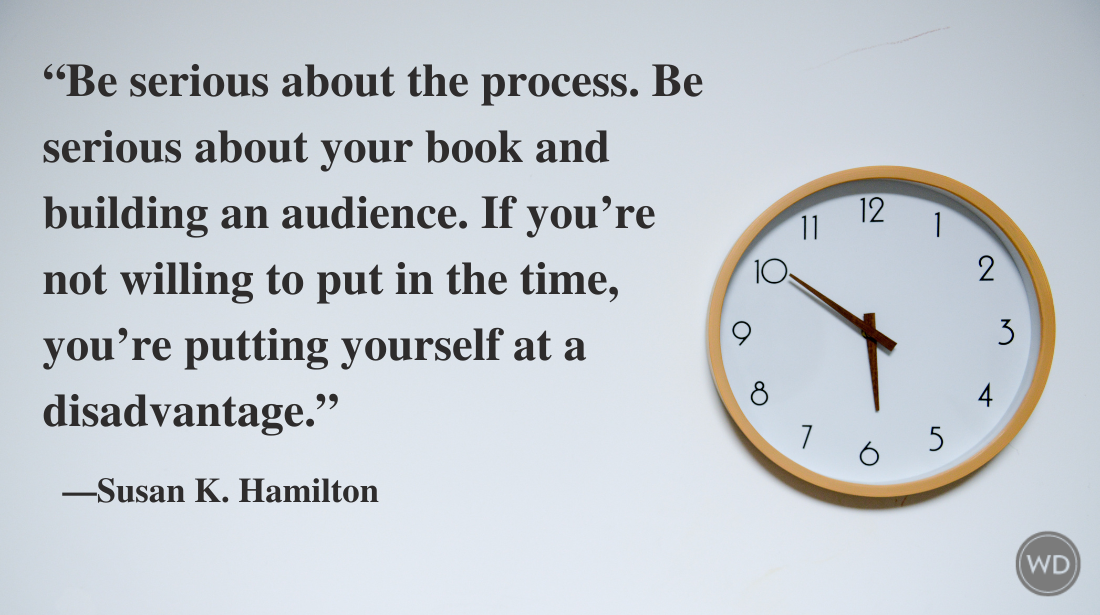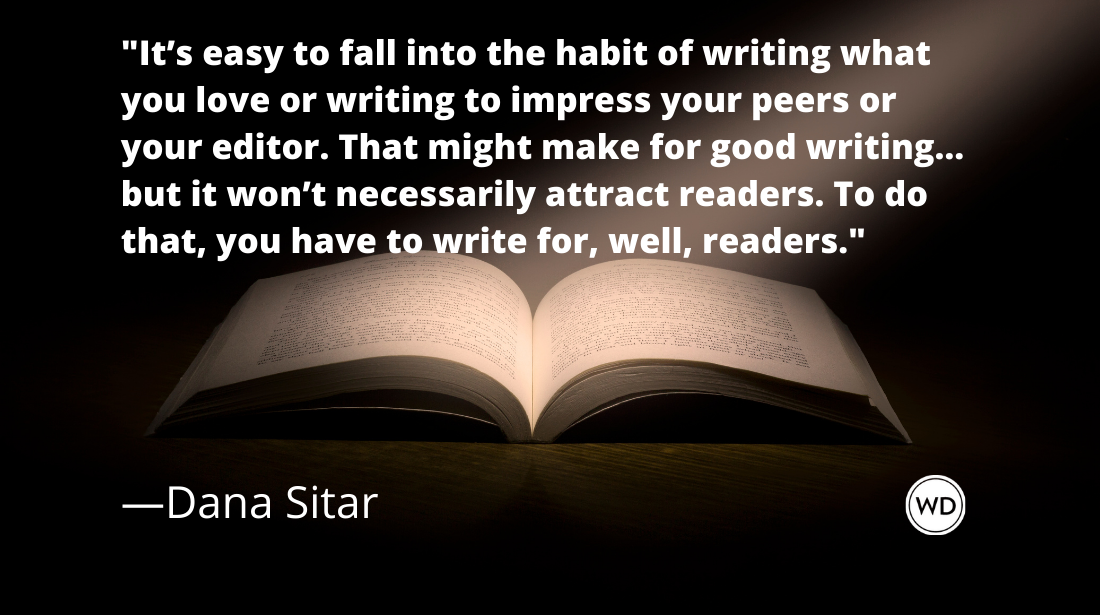7 Don’t-Miss Sites for Online Marketing
Today’s guest post is from author Meg Waite Clayton. You may remember her from an earlier guest post, How Book Club Readers (and Bookstores) Can Drive Success. — How friendly…
Today's guest post is from author Meg Waite Clayton. You may remember her from an earlier guest post, How Book Club Readers (and Bookstores) Can Drive Success.
--
How friendly are you, really? Do you have enough followers to qualify as a cult? Are you still blogging, or have you bought into the headlines announcing blogging is dead? Do you tweet?
Let’s pause for a minute to imagine those questions being asked of Hemingway or Austen. Dickens … well, maybe Dickens.
My third novel, The Four Ms. Bradwells, makes its way into a considerably different world than The Language of Light did eight years ago. When I asked the publisher of my first novel what I could do to help spread the word, the answer was “we’re doing everything that needs to be done”—which involved a few bookstore readings and a lot of postage stamps and long-distance phone calls. They did allow that if I sent them a list of addresses—snail mail ones—they would send out postcards announcing the book to my real-life friends.
Now the question about online marketing for authors isn’t “if” but “where.”
The obvious answers are your author website, your blog, Facebook and Twitter, perhaps Tumblr and Scribd. But here are seven others you might consider participating in, and why.
1. Goodreads
2. Library Thing
These are two of the most popular online forums for readers. Many publishers will do book giveaways on these sites to stir up early enthusiasm; ask your publisher, or consider adding giveaway books yourself. You can also host author chats. (One drawback: With so many authors on-site, it can be a challenge to get readers to come to your particular party.)
3. Amazon Author Central
Set up an author profile on Amazon, and you can stream your blog to Amazon, and—this is perhaps the main reason to do it—gain access to weekly Bookscan numbers, along with geographical sales data. Trying to decide whether to set up a Milwaukee reading while you’re in town to visit your Aunt Margaret? You can see how many readers you have there who might be interested in your next book.
You also get an easy way to register the mistakes Amazon makes—and like everyone, they do occasionally make mistakes. When The Four Ms. Bradwells page went up, the author line for the hardcover read “Karen White, reader.” It wasn’t even Karen White the actor, who is reading the audio version. And last I heard, readers still have to read hardcovers themselves.
4. Booktour.com
You enter your readings once here, and news of them goes out in e-mails to people wherever you’re reading, as well as on Amazon, GoodReads, and elsewhere. You can add a widget to your website so they show up there, too.
5. Redroom
This online site comes with a number of perks for authors, including a separate listing of author blogs. The folks who run it reach out beyond its own font, too, to help authors place work on Aol News.
6. Sites Where Writers Connect
Sites like the Writer’s Digest community and SheWrites are full of writers, most of whom are also readers (one would hope!). And they tend to be supportive forums.
I’ve certainly read books for authors I’ve met on these kinds of sites with a eye to providing blurbs for book jackets, and received invitations to join group marketing efforts. They’re also good for sharing knowledge about writing and publishing, and making writing friends.
On book tour this month, I’m sharing in-person after-reading time with writer-pals I’ve met on these forums rather than returning to empty hotel rooms. And I’ve discovered some terrific books to read, too.
And last but not least:
7. Wherever your own target market hangs out
Your own mileage may vary on this one. Where do readers who might like your book in particular hang out online? If you’ve written about, say, a woman runner, you might try the Women’s Running forum at RunnersWorld.com. It may take some thought and some sleuthing around. Or you may already participate in these forums.
Which brings me to the most important point about online outreach. Consider this: If you look through your front door peephole and see someone obviously wanting to sell you something, does that make you more or less likely to open the door?
If you post jumbo-sized copies of your book jacket in places that rightfully belong to others—their walls on chat sites, their Facebook pages, their blogs —folks will recognize your cover in stores. But they will also think “that’s the obnoxious author who is spamming my space,” even if it isn’t on MySpace. If they pick up your book, it will likely be only to stick it in the back of the frozen fruit case. If your every post says, “Buy my book,” your novel is more likely to end up in the technical books section than in the check-out line.
Be yourself. Be nice. Be a friend to the people you friend.
Don’t spam people, just interact.
If you’re an interesting, interested person online, folks you cross paths with will take a look at your page on whatever site you’re on, and click over to your website or blog—places where your book jacket belongs. They’ll recognize it in bookstores and think, that’s that nice author I’ve met online. And in the process, you might also find that you make some meaningful friendships, and broaden your own horizons, reading and otherwise.
--
Meg Waite Clayton's newest book, The Four Ms. Bradwells, will be released this month. Go take a look.
Jane Friedman is a full-time entrepreneur (since 2014) and has 20 years of experience in the publishing industry. She is the co-founder of The Hot Sheet, the essential publishing industry newsletter for authors, and is the former publisher of Writer’s Digest. In addition to being a columnist with Publishers Weekly and a professor with The Great Courses, Jane maintains an award-winning blog for writers at JaneFriedman.com. Jane’s newest book is The Business of Being a Writer (University of Chicago Press, 2018).








